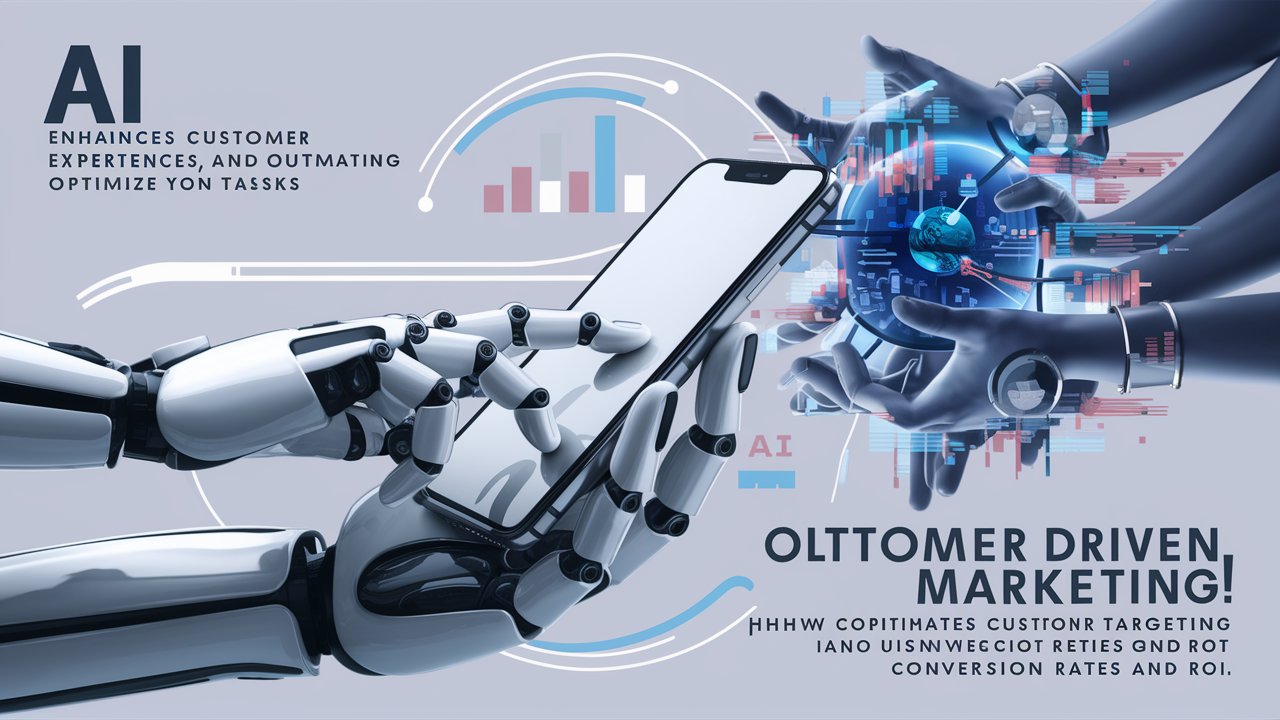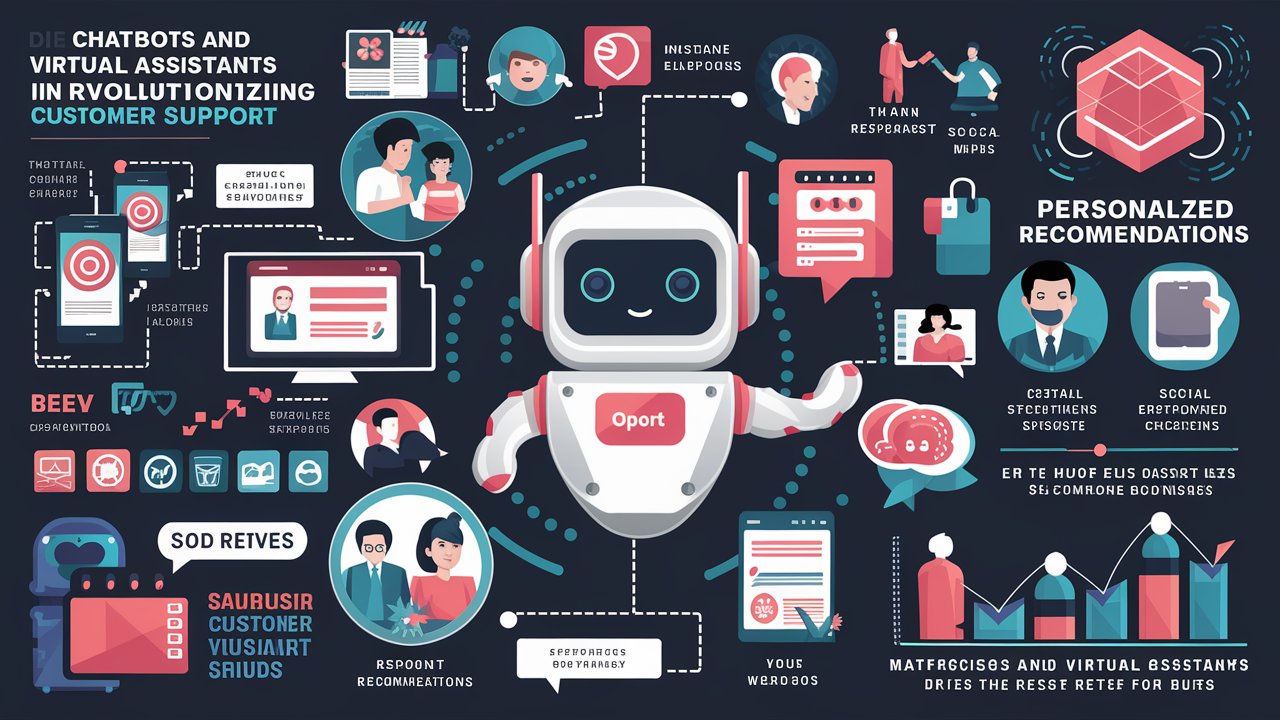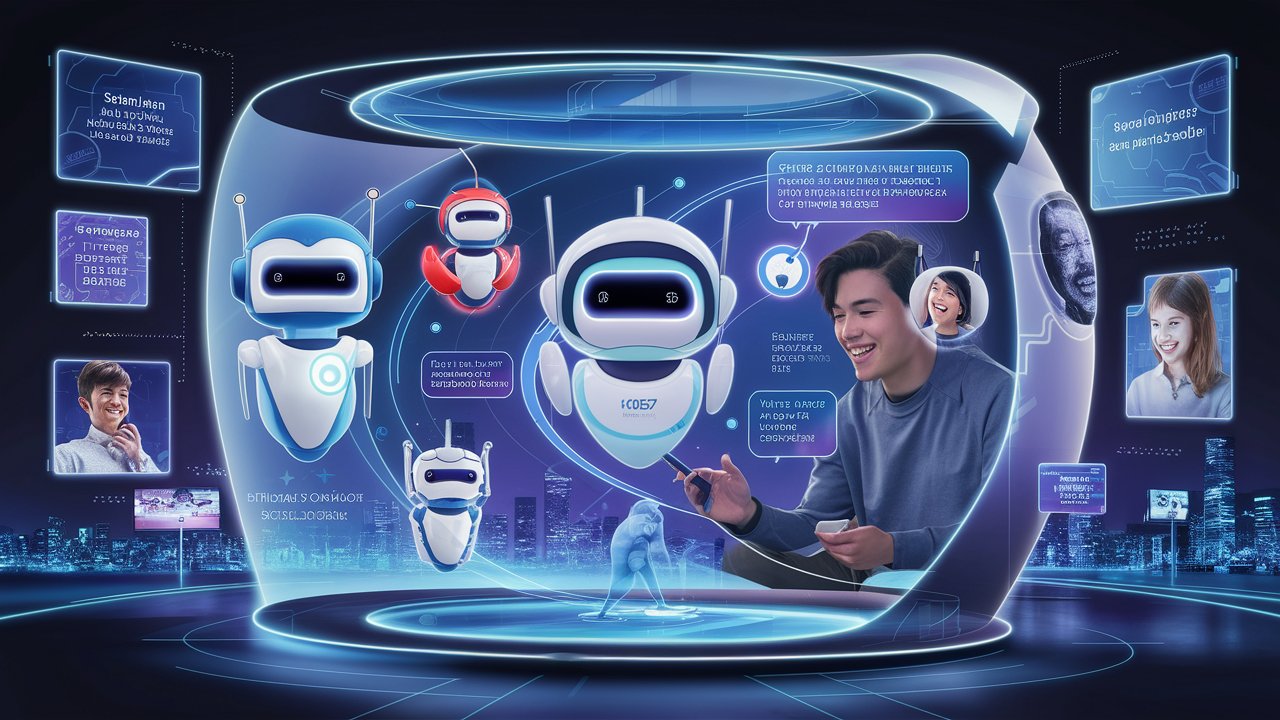AI has revolutionized the way businesses approach marketing, offering unprecedented opportunities to reach and engage with customers. Leveraging AI technologies can significantly enhance campaign performance, from targeted advertising to personalized messaging. However, navigating the complex world of artificial intelligence can be daunting without proper guidance. In this comprehensive guide, we will explore practical strategies to maximize AI’s potential in your marketing efforts, helping you stay ahead in the ever-evolving digital landscape.

Key Takeaways:
- Define Clear Objectives: Before implementing AI in your marketing campaigns, clearly define your objectives and goals to ensure you leverage AI effectively.
- Utilize Data Efficiently: AI can analyze large amounts of data quickly. Use this capability to gain valuable insights about your target audience and improve personalization.
- Implement Automation: AI can automate repetitive tasks such as scheduling posts, replying to messages, and optimizing ad placements, freeing up time for strategic planning.
- Monitor and Adapt: Regularly monitor AI-driven campaigns to track performance and make necessary adjustments to optimize results in real-time.
- Stay Updated with AI Trends: AI technology is constantly evolving. Stay informed about the latest trends and updates in AI to stay ahead of the competition and maximize its potential in your marketing campaigns.
Understanding the Types of AI Used in Marketing
The types of AI utilized in marketing can vary, each serving a specific purpose. Here is a breakdown of the most common types of AI used in marketing campaigns:
| Machine Learning Algorithms | Natural Language Processing (NLP) |
| Predictive Analytics | Chatbots and Virtual Assistants |
Machine Learning Algorithms
One of the fundamental aspects of AI in marketing, machine learning algorithms analyze data to identify patterns and make decisions without explicit programming.
Natural Language Processing (NLP)
Language processing allows AI to understand and interpret human language, enabling personalized marketing campaigns and enhancing customer experiences.
To leverage NLP effectively, marketers must utilize algorithms that can analyze sentiments, detect intentions, and respond appropriately to customer queries.
Predictive Analytics
Predictive analytics uses historical data and machine learning techniques to forecast future trends and consumer behaviors, aiding marketers in making informed decisions.
A comprehensive understanding of predictive analytics can help marketers anticipate market shifts and optimize their campaigns for better results.

Chatbots and Virtual Assistants
Used across various platforms, chatbots and virtual assistants offer immediate customer support, personalized recommendations, and streamline the overall customer experience.
This technology saves time and resources while providing customers with quick and efficient answers to their queries.
Assume that by incorporating these AI technologies effectively, marketers can enhance their campaigns‘ performance and drive better results.
Step-by-Step Guide to Implementing AI in Marketing Campaigns
Some strategies and tactics to implement AI in your marketing campaigns can help you achieve better results. Breaking down the process into manageable steps can make the integration smoother and more effective.
| Defining Your Marketing Objectives | Selecting the Right AI Technology |
| Your marketing objectives should be clear, measurable, and aligned with your overall business goals to maximize the impact of AI technologies. | Even though there are various AI technologies available, it is crucial to choose the one that best suits your marketing objectives and resources. |
Defining Your Marketing Objectives
Your marketing objectives should be clear, measurable, and aligned with your overall business goals to maximize the impact of AI technologies.
Selecting the Right AI Technology
Even though there are various AI technologies available, it is crucial to choose the one that best suits your marketing objectives and resources. Consider factors such as your budget, data privacy concerns, and the complexity of implementation when selecting the right AI technology.
Integrating AI with Existing Marketing Tools
An crucial step in implementing AI in your marketing campaigns is integrating it with your existing marketing tools. This ensures a seamless workflow and maximizes the benefits of AI technology.
Understanding how AI can complement your current tools and processes is key to successful integration. With the right approach, AI can enhance the effectiveness and efficiency of your marketing campaigns.
Monitoring and Adjusting AI Initiatives
If you want to get the most out of your AI initiatives, monitoring and adjusting them regularly is crucial. This allows you to track performance, identify areas for improvement, and make necessary changes to optimize your marketing campaigns.
Adjusting your AI initiatives based on real-time data and insights can help you stay ahead of the curve and drive better results. By continuously monitoring and fine-tuning your AI strategies, you can ensure long-term success in your marketing campaigns.
Essential Tips for Leveraging AI Successfully
After integrating AI into your marketing campaigns, it’s vital to follow some key tips to ensure success. By leveraging AI effectively, you can optimize your marketing efforts and drive better results. Here are some vital tips to help you maximize the potential of AI in your campaigns:
- Personalizing Customer Interactions: One of the most powerful ways to leverage AI in marketing is by personalizing customer interactions. By using AI algorithms to analyze customer data and behavior, you can create personalized experiences that resonate with your audience and drive engagement.
- Enhancing Data Analysis and Insights: There’s immense potential in using AI to enhance data analysis and gain valuable insights. By leveraging AI-powered tools, you can uncover hidden patterns in large datasets, predict future trends, and make data-driven decisions that drive success.
- Automating Routine Tasks: Tasks such as data entry, scheduling, and reporting can be time-consuming and tedious. By automating these routine tasks with AI-powered tools, you can free up time for your team to focus on high-value activities that drive growth and innovation.
Customer interactions play a crucial role in the success of any marketing campaign. By personalizing interactions using AI, you can create tailored experiences that drive customer engagement and loyalty.
Enhancing Data Analysis and Insights
There’s immense potential in leveraging AI for data analysis and insights. By using AI algorithms to analyze large datasets, you can uncover valuable insights and trends that can inform your marketing strategy and drive better results.
Automating Routine Tasks
Tasks such as data entry and reporting can be time-consuming and prone to errors. By automating these routine tasks with AI, you can improve efficiency, accuracy, and free up your team’s time for more strategic activities.

Examining Key Factors and Pros & Cons of AI in Marketing
Many businesses are turning to AI to enhance their marketing efforts. Understanding the key factors and weighing the pros and cons can help maximize the potential of AI in marketing campaigns.
Factors Influencing AI Success
Consistent data quality, skilled team members, and a clear strategy are crucial for AI success in marketing. Investing in training and ensuring data privacy compliance are vital for optimal results. Recognizing the importance of these factors can lead to a successful AI-driven marketing approach.
Advantages of AI-Driven Marketing
While AI can enhance personalization, optimize targeting, and automate tasks, it also enables real-time data analysis. Improved customer experiences and increased efficiency are key benefits of AI-driven marketing.
Understanding customer behavior patterns and preferences through AI can lead to more effective marketing strategies, ultimately driving higher conversion rates and ROI.
Disadvantages and Challenges
While AI offers numerous benefits, challenges such as high implementation costs, data security concerns, and potential biases need to be addressed. Ensuring transparency and addressing ethical considerations are crucial in mitigating these challenges.
Factors such as the need for continuous monitoring and updates, as well as the risk of overreliance on AI tools, should be carefully considered to optimize AI in marketing campaigns.
Conclusion
Presently, leveraging AI in your marketing campaigns is more crucial than ever to stay competitive in the digital landscape. By implementing the practical strategies discussed in this guide, you can maximize AI’s potential to create targeted, personalized, and data-driven marketing initiatives that drive results. Stay informed on the latest AI advancements and continue to innovate to stay ahead of the competition and effectively connect with your target audience.
FAQ
Q: What is AI’s potential in marketing campaigns?
A: AI has the potential to revolutionize marketing campaigns by enabling personalized content, predicting customer behavior, automating tasks, and providing valuable insights for decision-making.
Q: How can AI enhance the effectiveness of marketing campaigns?
A: AI can enhance marketing campaigns by optimizing targeting, improving customer engagement, streamlining processes, analyzing data at scale, and enabling real-time decision-making.
Q: What are some practical ways to maximize AI’s potential in marketing campaigns?
A: Some practical ways to maximize AI’s potential in marketing campaigns include leveraging machine learning algorithms, implementing predictive analytics, using chatbots for customer interactions, personalizing content, and utilizing AI-driven tools for data analysis.
Q: What are the benefits of integrating AI into marketing campaigns?
A: The benefits of integrating AI into marketing campaigns include improved campaign performance, increased ROI, enhanced customer experience, reduced manual workloads, and better targeting of relevant audiences.
Q: How can businesses stay ahead by embracing AI in their marketing strategies?
A: Businesses can stay ahead by embracing AI in their marketing strategies through continuous learning and adaptation, embracing innovation, investing in AI talent and technology, staying informed about industry trends, and experimenting with new AI-driven tools and techniques.